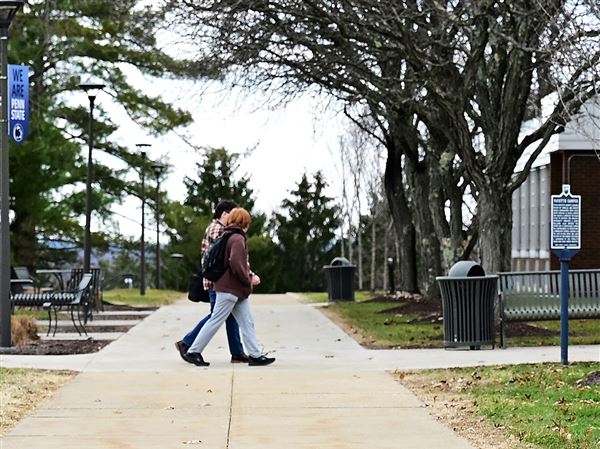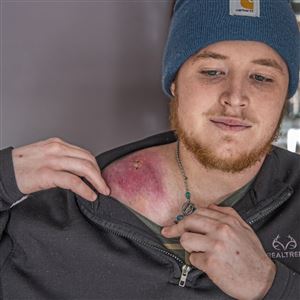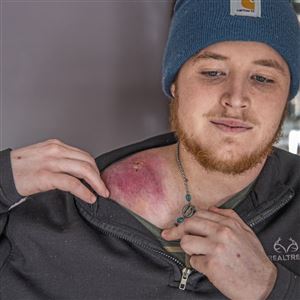There may be a monster among us, one striking down adolescents and young adults but about which little is known.
It’s called Ewing sarcoma, a cancer of the bone and soft tissue. It’s rare, with only as many as 250 cases reported annually in the U.S. It’s so rare that doctors haven’t figured out the cause. Which makes the proliferation of cases in Washington and Westmoreland counties so spine-chilling.
As the Post-Gazette’s David Templeton and Don Hopey reported, at least six cases of Ewing sarcoma have been diagnosed in the Canon-McMillan School District in Washington County since 2008. Three of those diagnosed with the disease — 19-, 23- and 27-year-old men — have died.
Another 12 cases of Ewing sarcoma have been diagnosed in southeastern Westmoreland County since 2011. A local attorney’s inquiries prompted the formation of a community research team, and now the state Health Department and U.S. Centers for Disease Control and Prevention are investigating.
Because the cases have occurred in fracking country, there’s concern that something associated with natural gas production is involved.
The Marcellus Shale Coalition noted that there’s no established link between the industry and the cancer, but so little is known about the disease that such statements don’t mean much. Gas companies should readily answer any questions health investigators have, and that includes sharing details of the chemical cocktails used in the fracking process.
In addition to the Ewing sarcoma cases, cancers of various kinds have been documented among about a dozen current Canon-McMillan students.
It’s difficult to believe that so many cases of cancer in a small area could occur by chance.
But that’s what investigators concluded after four cases of Ewing sarcoma and one of a clinically similar disease were reported in Wake County, North Carolina, between 2009 and 2012. Investigators looked at possible environmental contamination from renovations at the local high school, which three Ewing sarcoma victims had attended. They looked at family histories and other possible sources of contamination but found nothing.
The same lack of answers has followed a rash of childhood cancers in Waycross, Ga., dating to 2015. Four children fell ill with rhabdomyosarcoma within a two-month period that year, and similar cases followed. Not even the involvement of Erin Brockovich, the famed health sleuth, has solved the mystery.
“Beats us” isn’t an acceptable answer this time. Gov. Tom Wolf and CDC Director Robert Redfield should see to it that the investigators have all of the resources needed to get to the bottom of the local cases and shed the first real light on Ewing sarcoma. Young people are being cut down in the prime of their lives, and the community shouldn’t stand for it.
First Published: April 3, 2019, 10:00 a.m.





















